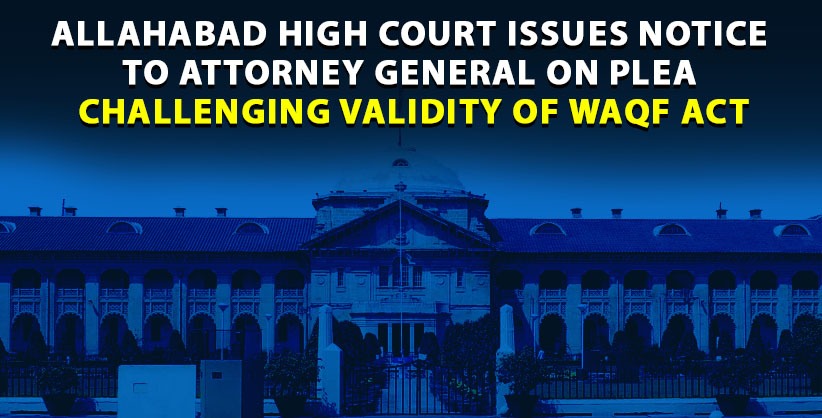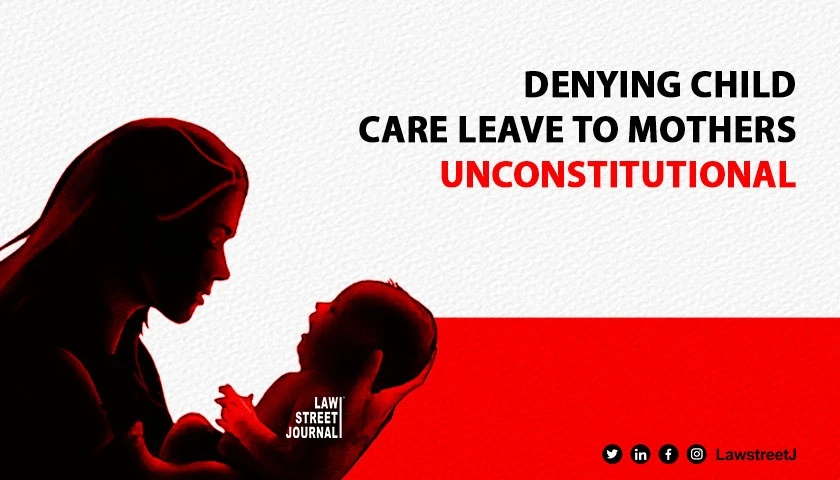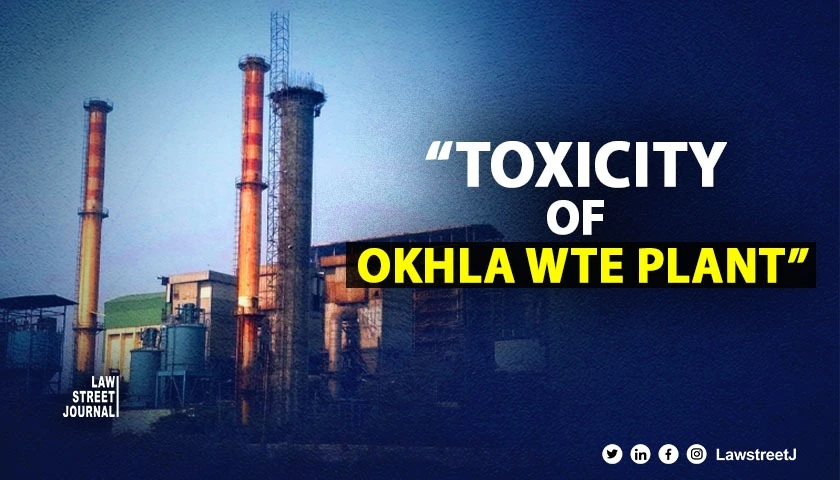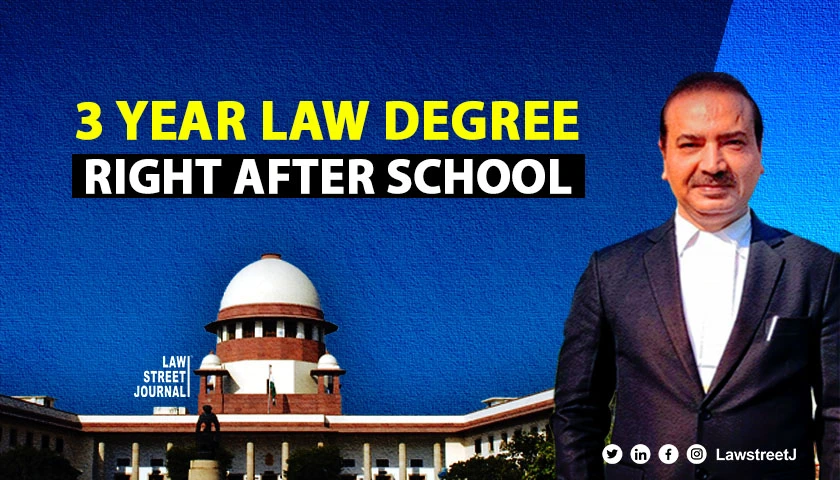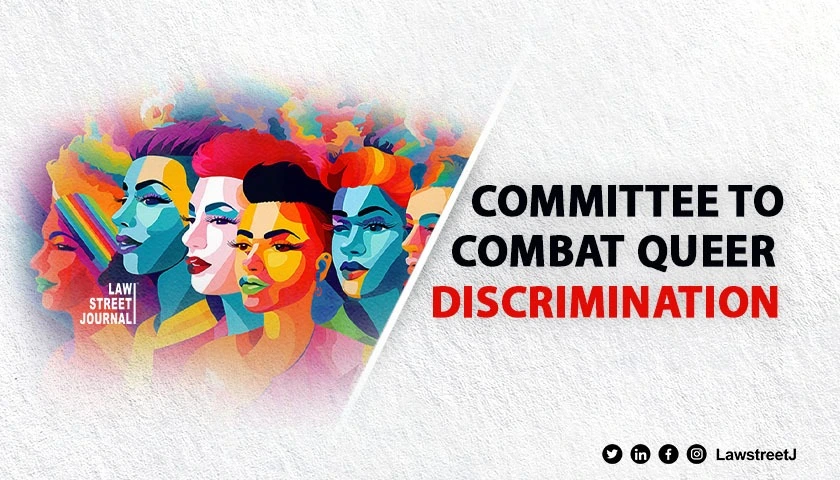"Waqf properties covered 12 lakh acres of land more than four times size of Delhi"
NEW DELHI: The Allahabad High Court has issued notice to the Attorney General for India on a petition challenging the validity of Waqf Act, 1995 for being arbitrary, discriminatory and unconstitutional.
A bench of Chief Justice Rajesh Bindal and J J Munir also sought a response from Advocate General of Uttar Pradesh on a petition filed by Ashish Tiwari and others.
The court put the matter for consideration on December 15.
A separate petition by advocate Ashwini Kumar Upadhyay for transfer of similar challenge to the validity law in Delhi HC is pending before the top court.
Advocate Hari Shankar Jain and Prabhash Pandey appeared for the petitioners before the HC, while the Centre was represented by Deputy Solicitor General Gyan Prabhash along with advocate N C Gupta.
The petitioners challenged the constitutional validity of various provisions of the Waqf Act, 1995, claiming those granted special status to Waqf properties denying the same to Trust, Mutts, Akharas and Societies and conferred unguided and unchecked powers to Waqf Boards to register any property as Waqf property.
"In the impugned Act, there is no safeguard for Hindus and non-Islamic communities to save their religious and private properties from being included in the list of Waqf issued by the Government or by the Waqf Boards and Hindu and other religious communities are being discriminated and the impugned provisions violate Articles 14, 15, 25, 27 and 300 A of the Constitution," the plea said.
The provisions contained in Sections 4, 5, 36 and 40 of the Waqf Act, 1995 are not in conformity with the theme underlying Article 14 of the Constitution of India as no proper safeguard has been provided against the inclusion of any property as waqf property, it further said.
The petitioner further said the impugned provisions are not in consonance with principles of natural justice as no sufficient provision has been made to give opportunity of being heard to the affected persons who want to oppose the inclusion of the property as Waqf Property.
"There is no provision to check the arbitrariness and illegal exercise of powers by the authorities concerned in the matter of declaring any property as Waqf property," it said.
Under Section 40, a unique provision has been made authorising the Waqf Boards to make an enquiry in respect of any land to find out as to whether the property is Waqf property or not. In case, the Board has reason to believe that any property of Trust or Society is a Waqf property it may call upon the Trust or Society to show cause as to why such property be not registered as Waqf property. The decision of the Board is final subject to any order passed by Tribunal. Thus, the fate of properties of Trust or Societies are subject to the will of the Board and in other words they have been placed as subordinates to Waqf Boards, which is absolutely in violation of the provisions contained in Article 14 15, 26 and 300-A of the Constitution, the petitioners further contended.
The petitioners also said the Andhra Pradesh High Court in case of Association of A P Sajjda Nasieen Vs Union of India (2009) had observed, "The approximate number of registered Waqf properties in India was about three lakhs and account for four lakh acres of land throughout the country and this make Waqfs the third-largest landholder after the Railways and Defense."
The petitioners further said that in last 10 years, Waqf Boards have rapidly captured the lands of others and declared those properties as Waqf property.
"It is relevant to mention that the Union Minister for Minority Affairs in reply to Rajya Sabha on February 7, 2022 informed that there were total 7,85,934 immovable properties which have been registered on the portal," the plea said.
It also cited the Sachar Committee report that had confirmed that there were about 4.9 lakh registered waqf property comprising of about 6 lakh acres. It has come to the fore that at present, the total area of Waqf properties existing in different states are more than 12 Lakhs acres, which is almost four times the area of NCT Delhi which is 3,66,500 acres only.
The Waqf Boards have also been given special powers in Sections 54, and 55 in the matter of removing encroachment, which is not available to Trusts, Mutts, Temples, Akharas and religious properties do not enjoy such right and power.
Such conferment of special status to Waqf Boards is clearly in violation of Article 14 and 15(1) of the Constitution.
The petitioners further pointed out Section 107 of the Act 1995 provides that the Limitation Act should not apply to suit for possession of immovable property comprised in any Waqf or for possession of interest in such property whereas the Limitation Act applies in the matter of recovery of religious property belonging to Hindus and other religious communities.
"The effect of the said Section 107 of the Act, 1995 is that it gives unlimited right to the Waqf Board to recover any property in the name of Waqf whereas the period of Limitation after a particular period of time applies for recovery of properties belonging to religious properties of other faiths," the plea said.
Moreover, the power of ordinary civil court to determine the issues relating to title has been taken away by Section 85 making provision for establishing the Waqf Tribunal under section 83 of Act 1995 as a substitute of civil court, which consists of only one judicial member, one person from State Civil Service and one person having knowledge of Muslim Law and jurisprudence.
"Parliament has no power to establish Tribunals beyond the scope of Article 323-A of the Constitution of India. It is apparent that the matters enumerated in Article 323-A do not attract property disputes and disputes relating to Charitable, Religious or Waqf properties. The Tribunals cannot decide tricky questions emerging in civil disputes relating to title and possession over the property," the plea said.
